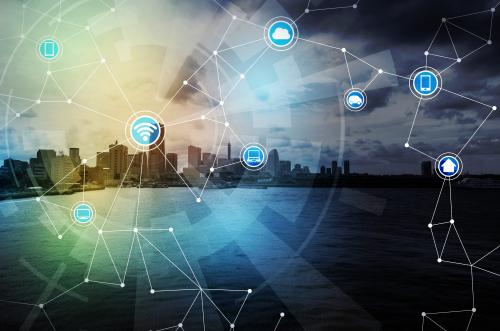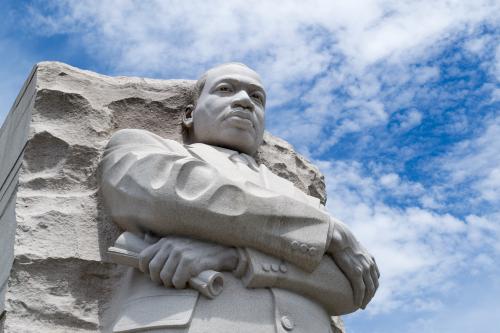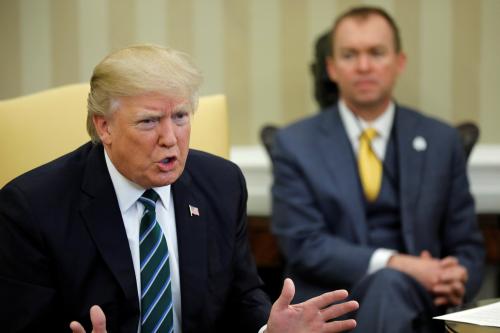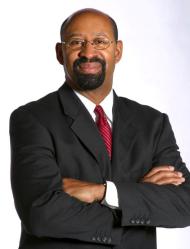Wake up. Pay attention. There’s one major problem with living in the past, or trying to have your own version of facts or history–the past is over, and history has left a record.
We just experienced this in the ugliest, rawest, vicious and frightening terms in Charlottesville with the vehicular homicide of Heather Heyer, and the tragic death of two state troopers, who were flying a helicopter to ensure the safety of all participants. We would be wise to pause and recognize the sanctity of all of their lives.
And so now the question posed long ago by Dr. Martin Luther King is hanging in the air, blowing in these windy times with an acrid and pungent odor: “Where do we go from here: chaos or community?” Sleeping with our eyes wide open, we allowed ourselves to believe that events like this could not happen. In what normally would have been envisioned as a cinematic recreation of the seemingly long ago civil rights era, we saw white people (mostly white men, and young white men in particular) marching down the streets of Charlottesville with fiery tiki torches. My, how times have changed. These individuals seem to be angry and upset about so many things that it’s hard to compile a list. But suffice to say if you are not one of them, look, or think like them, then they’ve likely convinced themselves that you and your family are deserving of hate.
What is a city, a mayor, and a citizenry to do when confronted with this level of hate, offensive speech, and potential violence? I would like to offer some thoughts and suggestions. My experience as mayor, having dealt with some sincerely tense and raw situations, and the rumors of more conflicts over the next weeks and months, lead me to believe that others may be wondering what to do if hate comes to your town.
1. Public safety is the number one responsibility of government.
The local government’s leader must ensure the safety of all of his or her citizens and residents. I strongly believe in the tenets of the First Amendment, especially the freedom of speech and the freedom to assemble. As we know through the bounds of law, there are limits on both. Before any permit is granted to any group seeking to assemble in this explosive environment, ensure that you have a plan in place to ensure the safety of all participants. If you are not confident that you can have a safe event because of the behavior of various participants–simply do not authorize a permit for the event.
2. Local leadership is critically important in these troubling times.
Not just from the mayor, but from the clergy, private sector, civic leaders, and foundations/philanthropic organizations. Those and many other leaders, along with elected officials at all three levels of government should/must come together with a message of peace, unity, and common understanding to send the right messages to the citizenry.
A number of years ago, in a moment of public safety crisis for the city of Philadelphia, we took extraordinary actions to unify the city regarding violence reduction. Numerous convenings took place with the city’s vitally important leaders: the clergy, civic community leaders, business leaders, and the philanthropic community all came together to address this important issue. We asked these diverse leaders to come together, take on specific responsibilities, support our programs, speak to their own constituencies, and talk to the public about the need to rally our citizens around stopping and preventing violence, and protecting our young people and adults. These leadership efforts were a significant part of our overall success in violence reduction.
3. The mayor and the above-mentioned leaders should convene a series of city-wide community conversations about race, prejudice, privilege, equality, and disparity, to name a few of the potential topics.
These issues are now at the top of citizens’ minds, and local leaders have the opportunity to convene serious conversations where residents can share candid views and opinions. These local conversations can be organized with the goal of facilitating real, respectful dialogue for the purpose of achieving a level of healing and reconciliation. More than likely, your city—and certainly this country—needs healing and reconciliation if we are going to get through this very tough period without a new uncivil war of words and destruction.
America, we’re better than this, and our children are watching us right now. Let us all get to work, on behalf of the United States of America. We are still the change we have been waiting for.
The Brookings Institution is committed to quality, independence, and impact.
We are supported by a diverse array of funders. In line with our values and policies, each Brookings publication represents the sole views of its author(s).







Commentary
What to do if hate comes to your town
August 16, 2017